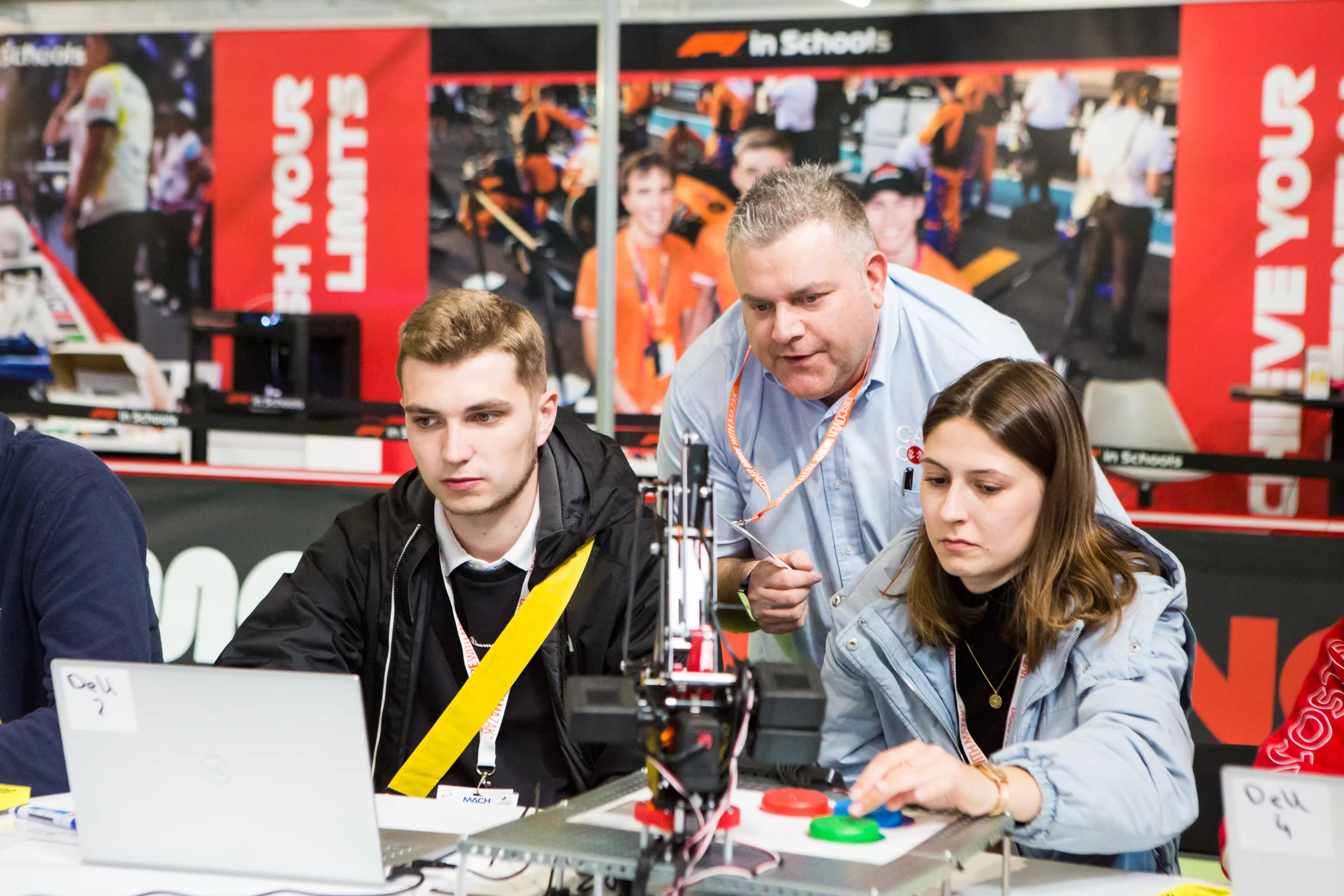A new initiative to bring the benefits of additive manufacturing (AM) to more industries and to establish the UK as a world leader in the field, has been launched by AM UK.
AM UK is an independent, government-backed collaboration, which has been at the forefront of developing this technology for wider application across industry sectors. Additive manufacturing is a method of making production parts and products directly from design data, building accurate components by adding layers of material to obtain the final shape with minimal waste and no expensive dedicated tooling. It enables radical product re-design and creates new material properties.
AM UK’s new National Strategy will bring together industry, academia, government and finance bodies to provide a single ‘go-to’ place to access independent information and latest research, which will help support the strategy’s development, dissemination and implementation.
Additive manufacturing expert, Dr. Paul Unwin, has been appointed as Chairman of AM UK to drive this mission and ensure the UK maximises from the great potential of this ground-breaking technology for its industries.
Often referred to as 3D printing, additive manufacturing is a truly transformational cross-sectoral technology that is having a disruptive impact on design and manufacturing; and on company location and business models. It has the capacity to – and is already – revolutionising businesses and capabilities globally by providing a radically new method of production, enabling new and better designs to be realised at lower cost with enhanced productivity and greater sustainability.
Paul Unwin explains:
“The UK is amongst the global leaders in knowledge and successful application of additive manufacturing and AM UK has been at the forefront of developing its vast capabilities. AM has the potential to transform how and where manufacturing is done across a wide range of industrial sectors and global markets. It enables us to do things with devices that have never been done before; beyond the early adopters such as aerospace, automotive and defence, which have seen the biggest impact.
“The UK currently only captures 5% share of a worldwide market that was worth £3.59 billion in 2015. As this global market grows, it is vital that the UK gains ground. With this technology at a point where it can really take off, the opportunities for commercial gain are out there. It is estimated that the UK can win up to 8% or £5bn of this rapidly growing global market, forecast to reach £69bn by 2025. This will have a strong effect on protecting existing jobs (60,000 by 2020) while also generating new employment.
“The new AM UK National Strategy aims to provide a means for achieving increased global market share and believes that AM will see exponential growth as the barriers are overcome.
“The UK is well placed to take full advantage of this rapidly expanding market. We are already at the forefront of the advancements in AM and already a global force in advanced materials, technology, life sciences and high value manufacturing,” added Dr. Unwin. “The UK is also equipped with a strong capability in universities, Catapults and R&D organisations.
“The UK government sees encouraging innovation as a key priority for helping our economy to grow. It has already supported research into AM with over £200m of funding over the last five years; a vital investment which will help us to reshore services that have already disappeared overseas.
“Until now, the supply chain process has been extremely frustrating. This is fundamental to the AM UK National Strategy. Although UK research and innovation in this technology is absolutely top flight, we haven’t had the supply chain, so many designers have found solutions abroad. The AM UK National Strategy aims to enable more to be done here. The strategy considers the entire supply chain, with efforts focussed on producing the most effective outcome that will see a transformation in the way businesses operate.”
Additive manufacturing will revolutionise businesses globally by providing a radically new method of production, enabling new and better designs to be realised at lower cost with enhanced productivity and greater sustainability.
“This strategy is about communication; that AM is here to stay, well-proven and will make a huge difference,” explained Dr. Unwin. “Our primary focus is on the high value manufacturing sector; to help this key group of companies and industries to move on by understanding the diversity of AM applications.
“One theme we will be focussing on is upskilling the workforce,” added Dr. Unwin. “Integrating AM into manufacturing is not easy, and a huge cost. AM has been the most exciting change-maker in medical technology, but we need more facilities around the UK to try out AM to realise its huge potential. The skills base is crucial. We need to equip our designers and engineers across the spectrum with the skills they require to take AM forward in order to catch up with the rest of the world and establish more UK businesses as major players in the global market.
“There are currently a small number of well-trained, experienced AM experts who are leading the way. We need our students of today – and those of tomorrow – to grow up with the knowledge of this technology if we are to really make headway.
“The High Value Manufacturing Catapult, and specifically the National Centre for AM – hosted by the Manufacturing Technology Centre (The MTC) can help industry to exploit the competitive advantage to be gained by using this technology with the help of AM UK. The collaboration will develop a strong network of additive experts in the UK to support knowledge transfer and create a showcase for additive manufacturing to demonstrate how well it works in practice. It will also identify any barriers in technology or the market to break them down.
“As we head into Brexit, additive manufacturing can make a real change in the UK and we will be devising the training and education programmes needed to provide the additive manufacturing engineers of the future.”

